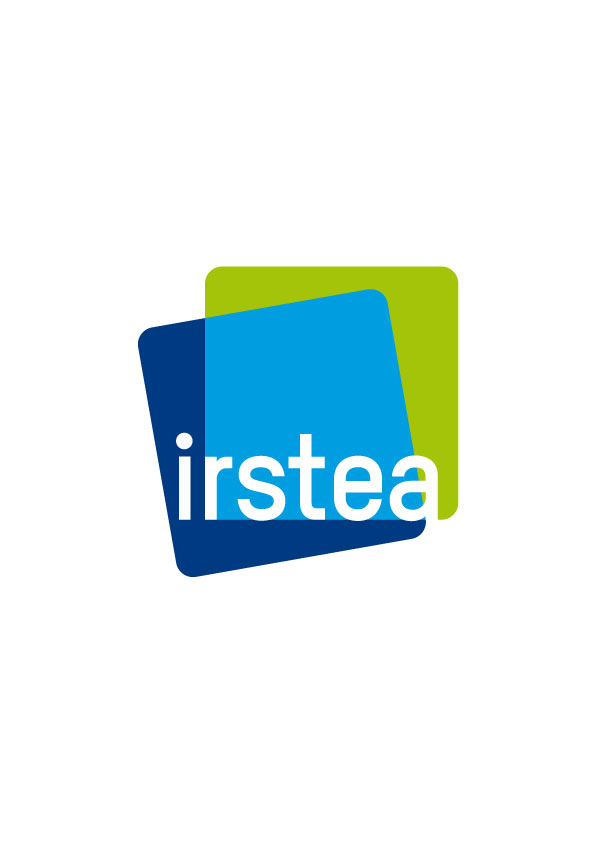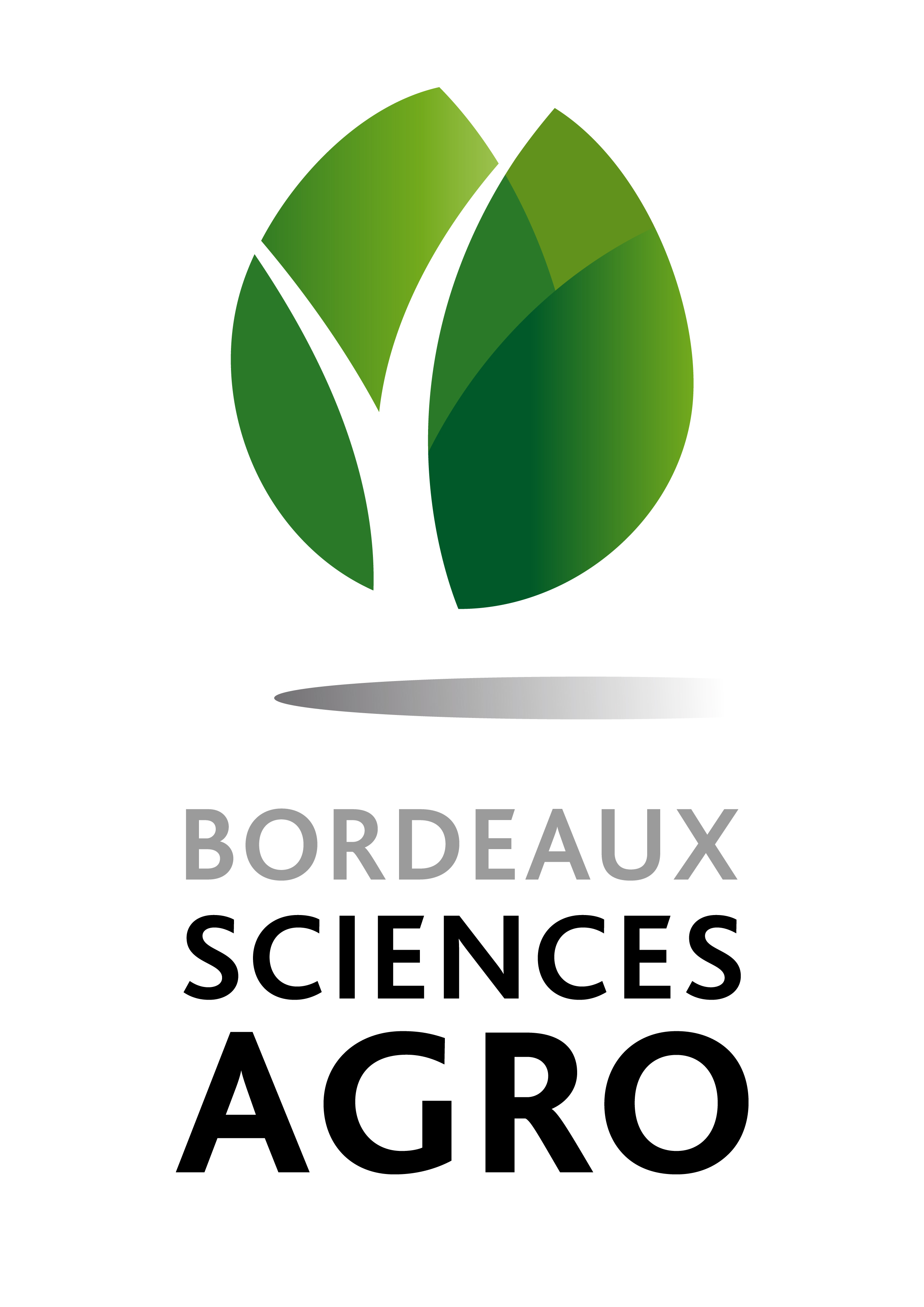Program
The program of the MMV9 conference will closely mirror those of past MMW meetings and has the following structure:
August 28th (14.00-17.00):
pre-conference workshop - C.Pickering (Griffith University Australia) - FREE !
August 28th (evening):
Welcoming ice-break evening, registration
August 29th :
Registration, opening plenary and parallel sessions, wine testing (by registration only)
August 30th :
Parallel sessions, plenary session and field trips
August 31st :
Parallel sessions, plenary closing sessions, conference dinner in Chateay Luchey-Halde
Sept 1st – 2nd :
post conference trips
More informations about Parallel Sessions and overview !
Sessions contents here
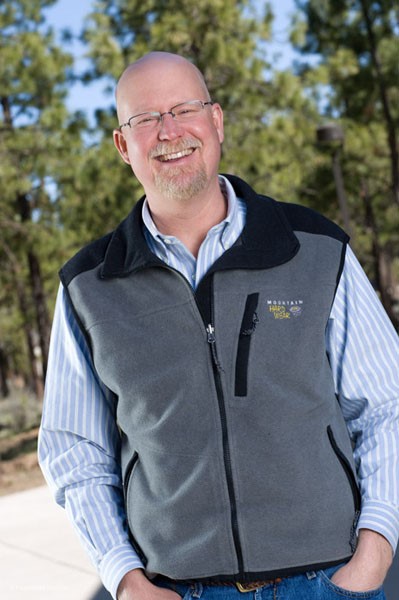 |
Kreg Lindberg is an associate professor at Oregon State University. He teaches in the areas of tourism and recreation, sustainability, and research methods. He conducts research in subjective well-being, resilience, tourism, and social science aspects of natural resource management. Kreg has a Ph.D. in forest social science with a minor in economics from OSU, a masters in international relations from the Johns Hopkins University School of Advanced International Studies, and a bachelors in history from Dartmouth College. He has worked in 15 countries on 6 continents. He will present a planary session called : Beyond recreation experience and expenditure: Well-being and resilience in natural area-human community systems
Kreg's presentation available here
|
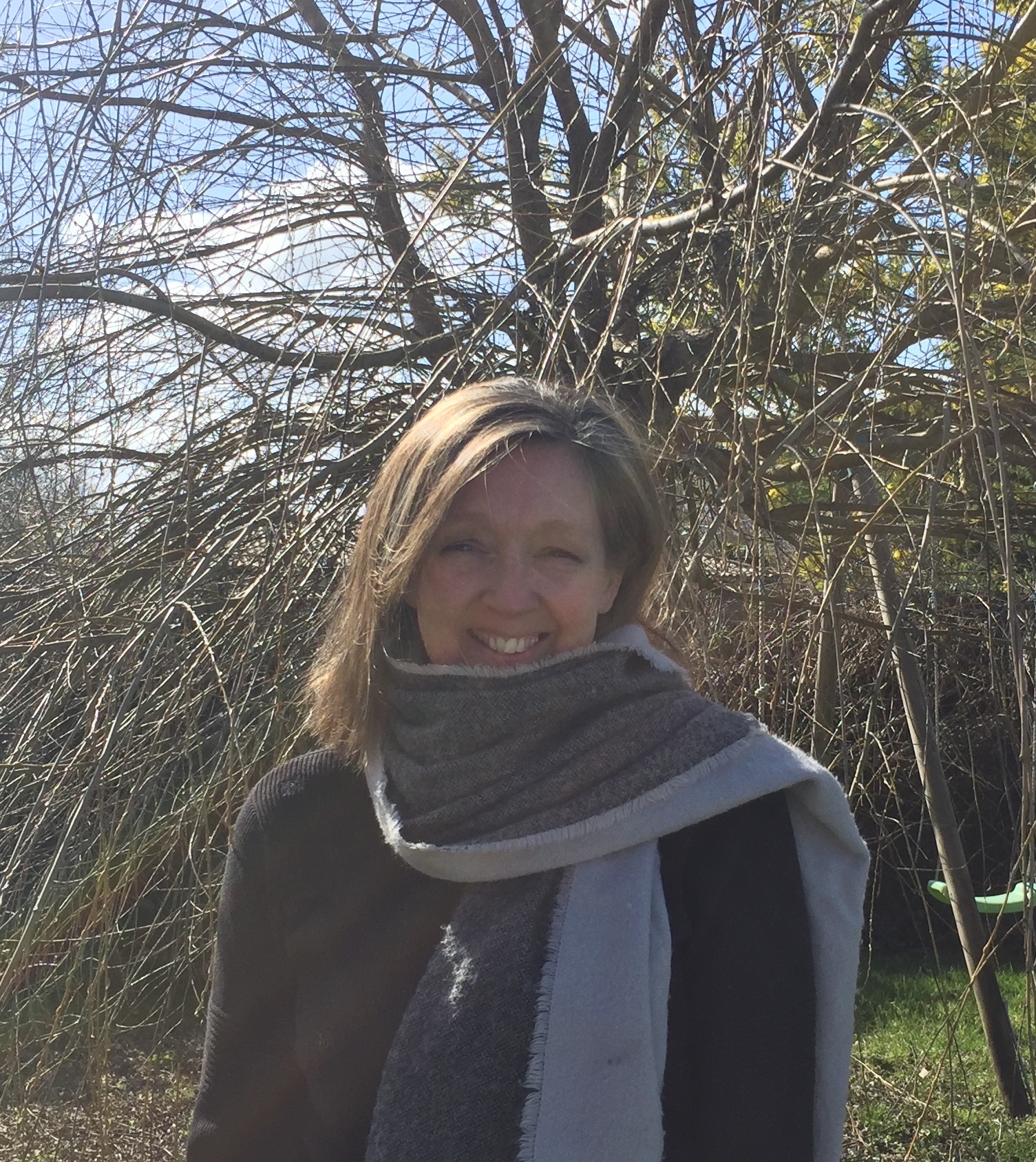 |
Valérie Deldrève is sociologist at Irstea-Bordeaux. A large part of her researches deals with the environmental inequalities connected to Nature conservation. She studies the accessibility and the uses of the protected natural areas and resources through the prism of Environmental Justice. She will present with Cécilia Claeys a planary session called Recreational uses through the prism of Environmental Justice.
|
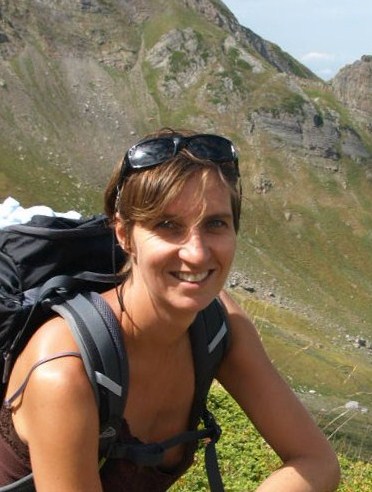 |
Cécilia Claeys is sociologist at Aix-Marseille University - LPED. Environmental sociologist, her researches articulate public policies, public perception and socio-technique controversies analyses. Her main research issues are: protected natural areas, coastal risks, invasive species.She will present with Valérie Deldreve a planary session called Recreational uses through the prism of Environmental Justice.
Cecilia and Valerie's presentation available here
|
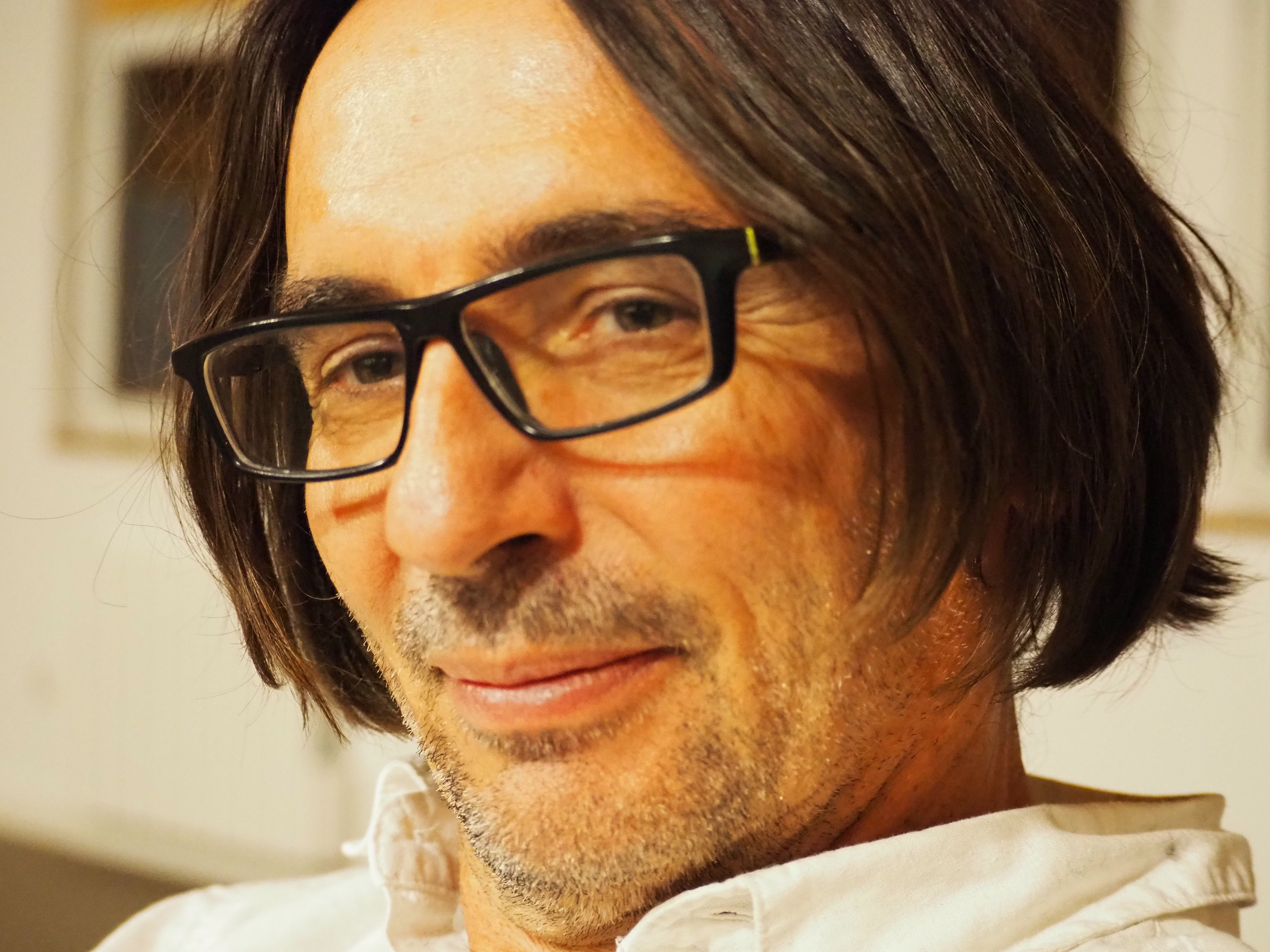 |
Jean Corneloup is a senior lecturer at the UFR STAPS (Clermont-Ferrand) and a researcher with the PACTE research group on territories (Grenoble). His research focuses on the analysis of outdoor sports culture in relation with rural development. He is president of the network of researchers and experts on outdoor sports and editors-in-cherf of the Nature & Récréation journal. He will present with Philippe Bourdeau a planery session called Recreational Transition and management of protected areas. The Cultural turn ?
Link to Jean's video (youtube) here
|
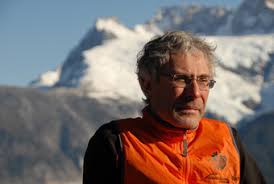 |
Philippe Bourdeau is a full professor of cultural geography at the Institute of Alpine Geography (Grenoble University). He conducts research on recreation practices (PACTE research group). He is interested in the meaning of “elsewhere” in contemporary societies, critical approaches in tourism, and recreational dissent. He co-represents France within the International Scientific Committee on Research in the Alps (ISCAR) and is President of Journal of Alpine Research / Revue de Géographie Alpine. He will present with Jean Corneloup a planery session called Recreational Transition and management of protected areas. The Cultural turn ?
Philippe's presentation available here
|
Preconference workshop : Systematic Quantitative Literature Review
On tuesday 28th August afternoon, Prof. Catherine Pickering (Griffith University, Australia) will give a free workshop on Systematic Quantitative Literature Review. Systematic quantitative literature reviewing is a smart and effective method for undertaking literature reviews, particularly for research students and others exploring new disciplines. The method bridges the gap between traditional narrative review methods and meta-analysis. It fits well for various topics, including outdoor recreation.
The workshop is aimed at PhD students and researchers, attending or not the MMV9 Conference. It will be held on the MMV9 Conference site (location and hours yet to be defined). The workshop takes about 3 hours to run with time for questions and a short break in the middle. It’s free of charge but subject to registration.
If you want more information about the method, you can download a short presentation here or use the link to the website on the method.
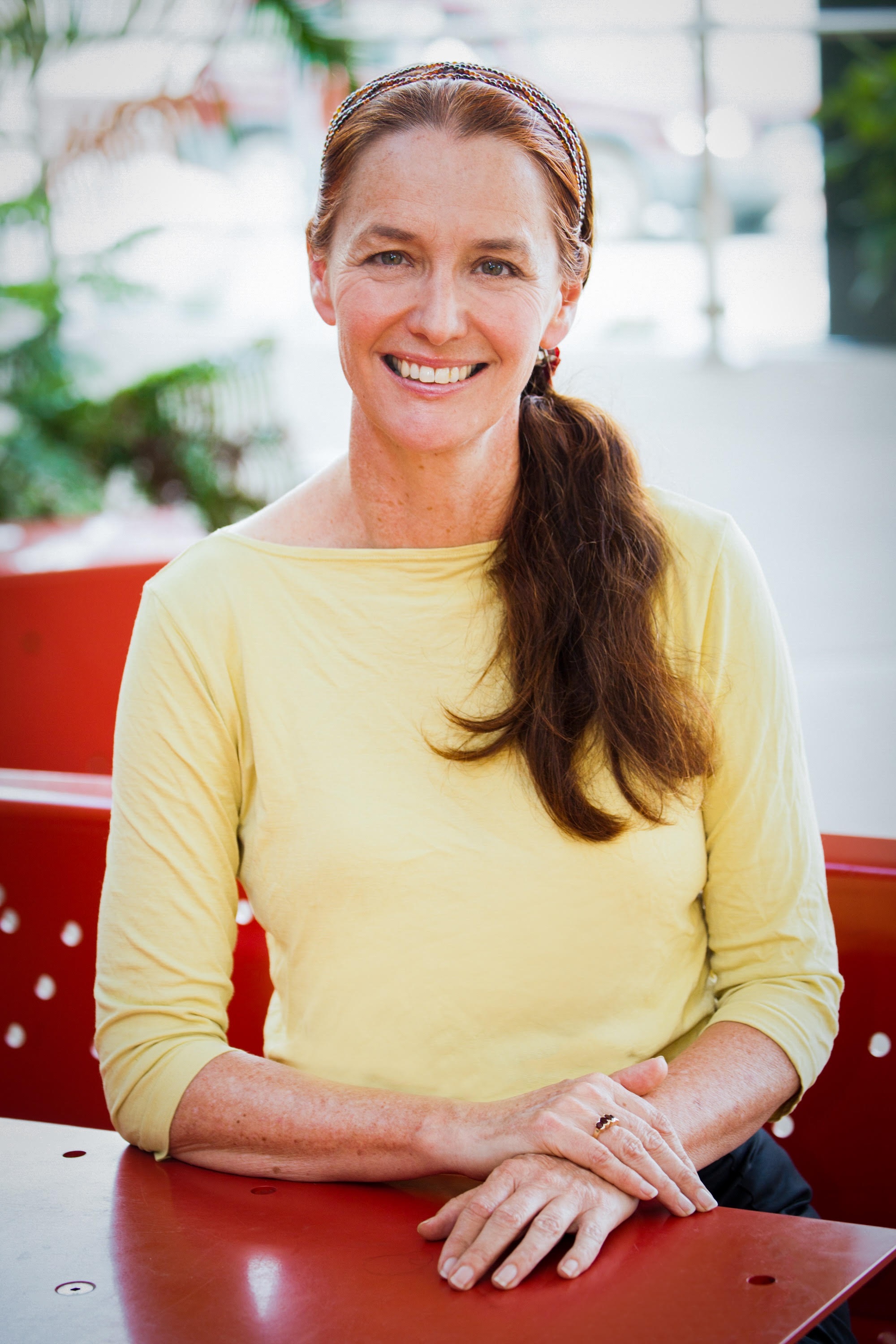 |
Professor Catherine Pickering is an academic in the School of Environment at Griffith University, Australia with > 250 publications, including >120 peer-reviewed papers. She is botanist, ecologist and environmental scientist. Mrs Pickering’s research interests include: alpine ecology, climate change, recreation ecology, managing visitors in protected areas, biodiversity conservation, human mediated seed dispersal and community garden
|
You can register to the workshop by sending an email with your First Name, Last name, and your organisation to mmv9@sciencesconf.org
Please, fill the form in english language
Field trips, excursions and social events
It is common practice for MMV events to include “in-conference” field trips. These trips are organized by the conference staff and will last around half a day. Destinations will typically be about an hour’s drive from Bordeaux. These outings will provide an opportunity to experience real-life examples of outdoor recreation management in the region where the conference takes place. For this reason, we will actively seek interaction with stakeholders and managers are actively sought. The “in-conference” field trip is included in the registration fee.
The conference dinner will be held in the Luchey-Halde Chateau, which is owned and managed by Bordeaux Science Agro. The Chateau is ideally located on 29 hectares of exceptional land at the center of the renowned appellation, Pessac-Léognan. This estate provides students studying the wine industry with an exceptional working tool, and beautifully showcases the school’s know-how and commitment. This wine estate is also used to develop new projects such as an environmental approach to the vineyard. Bus transfer from the conference site to the Chateau Luchey Halde (then back to BSA) will be organized. Start 19:30. Let us know if you are interested in as soon as you register !!
Post-conference tours will also be organized. They will include one or two-day excursions to a number of destinations in Nouvelle Aquitaine. Participants will be able to choose from several tours depending on their desired activities and location. These tours will not be included in the conference fee and require a minimum number of participants.








